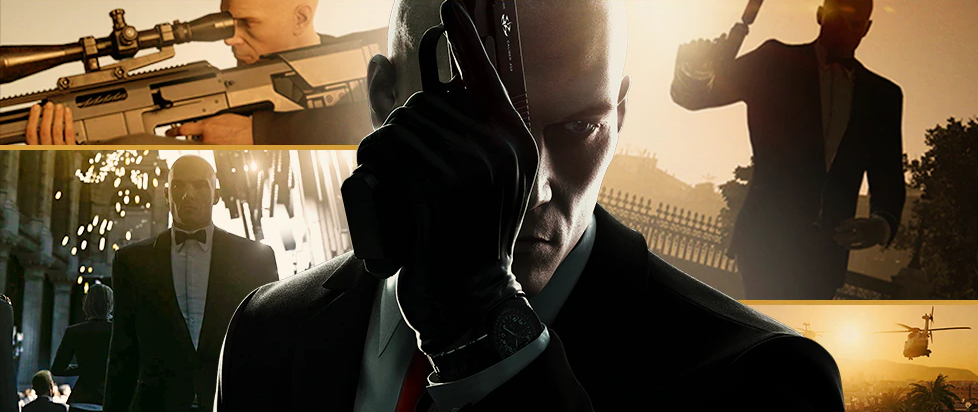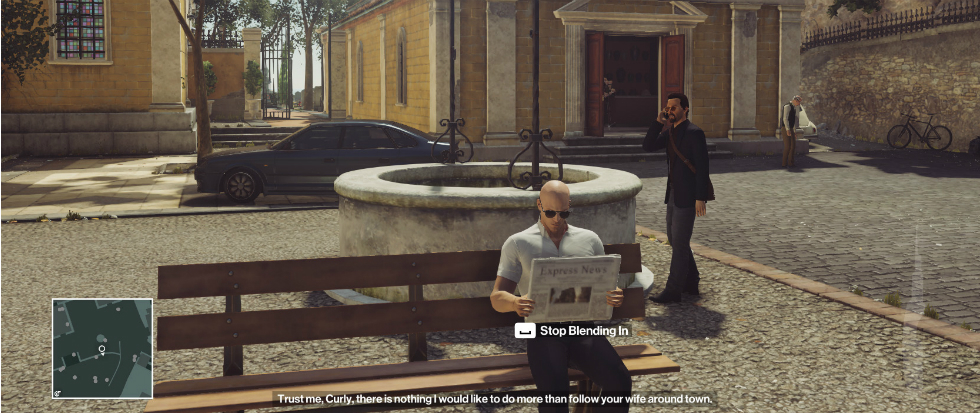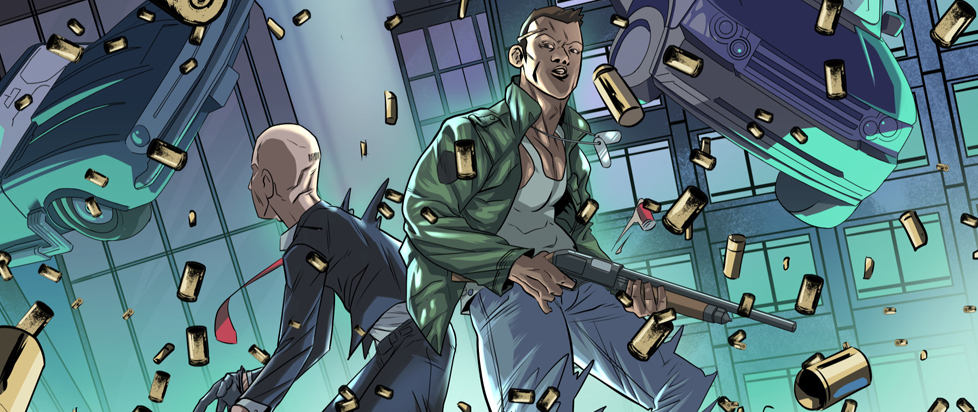
The Play About the Scottish Hitman
In high school, theater was mostly an excuse to hang out with my friends. There was no great passion for the stage in me, though I enjoyed broiling my inner ham for students and their extended families. Were it not for the pleasant and raucous company my fellow travelers upon the boards, I would have definitely discarded the entire craft after an early meltdown during a lo-fi renaissance fair.
Two friends and I were assigned the first scene from Macbeth, and I took to the task of memorizing the early lines of the Scottish king with the same lackadaisical expectance that everything would work out that I applied to the rest of my schoolwork. On a dewy Saturday morning we loaded our maypoles and benches and built stages on the grass. My colleagues executed their sword fights and hormone-fueled monologues, dancers flitted between families, and I started to sweat a little bit.
The rest is a blur of pentameter, boils, trouble, seconds that felt like decades, and then me just shouting “DAMN YOU!!!” over and over until the witches escorted me off like a bizarro James Brown under a cape of shame. I’m pretty sure my teacher didn’t even have to scold me, a lesson was clearly learned when one gazed at my ghostly countenance. And yet, I stuck it out with drama through high school at least, because my friends were still there but also I got a taste of the thrill, and really after that first bomb my fear became less pervasive.
Hitman (2016) is a game that conjures this spirit of the theater, both scripted and improvisational, and allows me to flow through that liminal space of being directed while remaining free to wander the stage at my whim. The title succinctly outlines its own gameplay—you are tasked with killing a target for pay, with scraps of story about a global conspiracy and your elite fight against the oligarchy, which is rad. From there a variety of playstyles open up like courses of a fine meal, though purists may argue that Hitman is best enjoyed as a silent assassin wearing only your signature suit. However, I am fully invested in speaking my lines as written while strolling thorough scene to tease out some live problem solving.
Each level is a diorama, on a schedule but not exactly a race, meant for Agent 47 to slink around and sus out the details. Most stealthy games toss you in and demand multiple failures as a way of learning the layout and the timeline, creating a false omniscience in their character. Such a playthrough has its satisfactions, but there was always a ringing falsity to the fiction—surely a capable assassin could arrive to an active situation, gather intelligence, plan her moves, react when things get dicey, and escape mostly unscathed without just crashing through Groundhog Day-style to memorize a complete path or save-scum to the end. Isn’t this same competence in media res exactly what the player is being promised?
This is part of the brilliance of the rebooted Hitman trilogy, which I’m only just beginning to enjoy because the vast potential of each murderous simulation seemed impossibly vast. You are provided a handler of sorts, who is essentially feeding you your lines from offstage—here’s an idea, there’s a potential source, follow this icon for a bit of a nudge. In a first pass through a level, these are the breadcrumbs I need to feel completely engaged. Because of this direction a cold run through a level feels more alive, gesturing towards the available patterns but leaving me to stitch it all together. As such, there’s no endless restarting of levels, and while I’m the kind of player who will still dip into old habits of reloading a better positioned save, it’s truly delightful to have the opportunity to choose my leads and get a bit of an assist to take an adrenaline-soaked bow at end.
Beyond that there’s plenty of space to vamp through, whether it’s to fire off homing briefcases or murder an entire town or just check out the alternate routes with the training wheels off. That last option comes with extra-hot floodlights during the timed exclusive events that really put the pressure on. I probably won’t get to Hitman 3 in time to embrace these pure theatrical experiences, and that’s fine. To get in the mix, pick up information, make my moves, even with big glowing arrows leading me from scene to scene, is still an electric echo of my time under the gels. Thankfully, these days I don’t need a pity walk to the wings if I blow it.
// Levi Rubeck is a critic and poet currently living in the Boston area. Check his links at levirubeck.com





